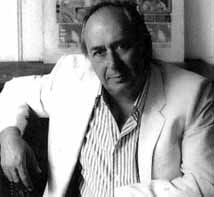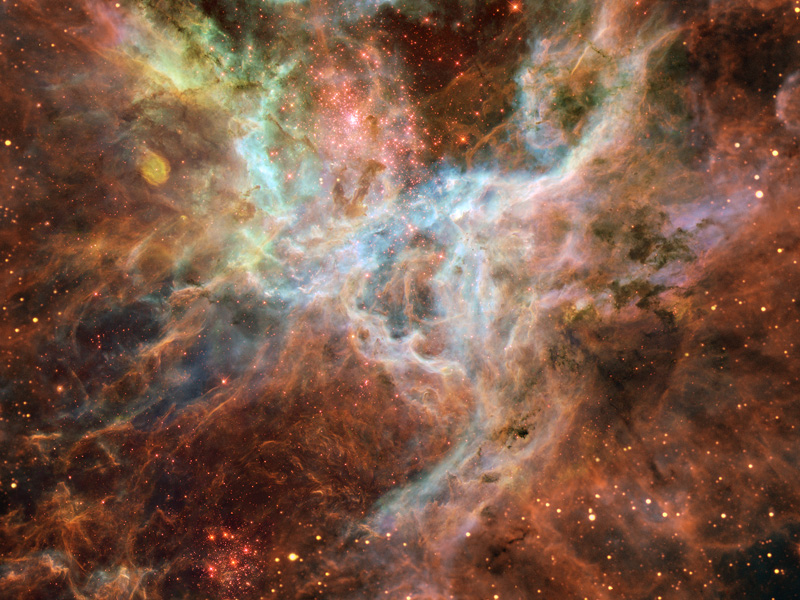
Vaughn died yesterday in his last car-crash. During our friendship he had rehearsed his death in many crashes, but this was his only true accident. Driven on a collision course towards the limousine of the film actress, his car jumped the rails of the London airport flyover and plunged through the roof of a bus filled with airline passengers. The crushed bodies of package tourists, like a haemorrhage of the sun, still lay across the vinyl seats when I pushed my way through the police engineers an hour later. Holding the arm of her chauffeur, the film actress Elizabeth Taylor, with whom Vaughan had dreamed of dying for so many months, stood alone under the revolving ambulance lights. As I knelt over Vaughan’s body she placed a gloved hand to her throat.
So begins Crash: A Novel, an iconic, controversial novel of obsession and the nexus of technology and sexuality, written in the middle of the twentieth century, when the vision of technology was best represented by modes of transportation, rather than methods of information processing. The story still seems to accurately portray contemporary modes of obsession with startling clarity.
J. G. Ballard died today. Ballard was a fiercely smart British writer, similar in many ways to his contemporary, Brian W. Aldiss, Ballard wrote science fiction that was so much more psychologically sophisticated than what was being produced at the time that his work, and that of Aldiss, Norman Spinrad and a few others that a subgenre "British New Wave" was named to distinguish it - famously represented by the Michael Moorcock edited editions of New Worlds magazine. Ballard was probably best known for his novel Empire of the Sun, and the Spielberg movie of the same name. Crash was, of course, filmed by David Cronenberg. I can't think of another author whose work would have attracted such disparate attention.



